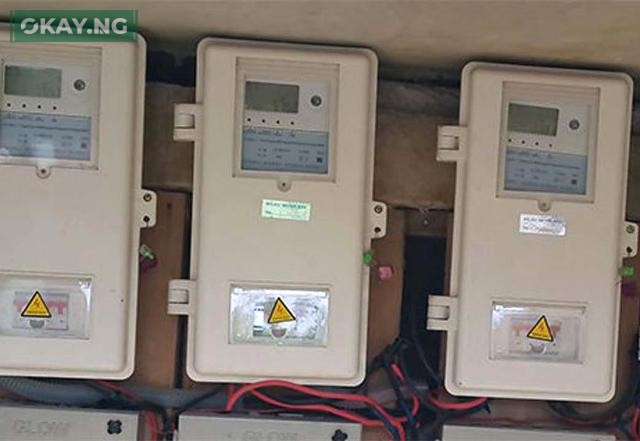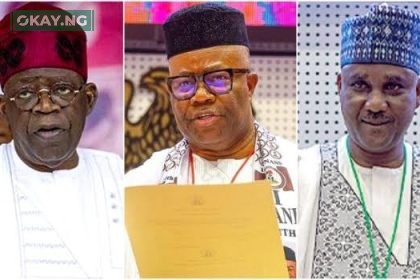The Federal Government has revealed a major initiative to distribute seven million smart meters across Nigeria, aiming to put an end to the controversial practice of estimated billing and curb revenue losses in the power sector.
Mrs. Olu Verheijen, Special Adviser to President Bola Tinubu on Energy, made this announcement during an interview with Journalists on Sunday, coinciding with the second anniversary of the Tinubu administration.
Verheijen explained that the Presidential Metering Initiative is designed to address the persistent challenge of collection losses, particularly for on-grid customers who remain unmetered. “There are several interventions underway to enhance the commercial viability of the gas-to-power value chain,” she noted.
She further elaborated that the deployment of smart meters forms a core component of the government’s broader strategy to strengthen the commercial value chain from gas supply to power delivery. The administration is also working on policies and frameworks that will enable the sector to charge the actual cost of electricity delivery, thereby improving efficiency and transparency.
In addition to metering, Verheijen disclosed that the government is committed to settling its longstanding debt in the power sector, which has accumulated over years due to underfunded subsidies and poor revenue collection by distribution companies (Discos). “We plan to clear the legacy debt with a combination of cash and promissory notes to ensure that generation companies and gas suppliers are paid,” she stated.
Verheijen emphasized the importance of metering in enhancing revenue assurance. “With this, we can end estimated billing and reduce collection losses so that customers who receive electricity are paying customers,” she added.
To ensure sustainability, the government will require all stakeholders and investors to improve their performance and inject additional capital for expanding grid access. The administration is also prioritizing better governance of Discos, regarded as the financial engine of the electricity value chain.
“Through existing regulatory frameworks, the government will ensure that Discos have the financial and technical capacity to deliver more reliable power to Nigerian homes and businesses,” Verheijen concluded.













